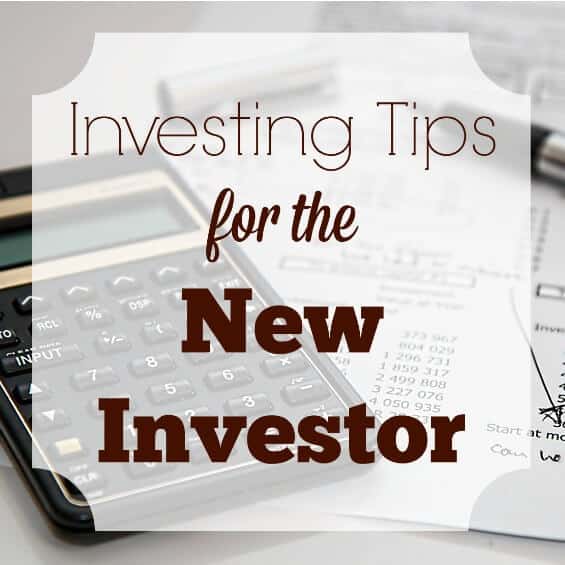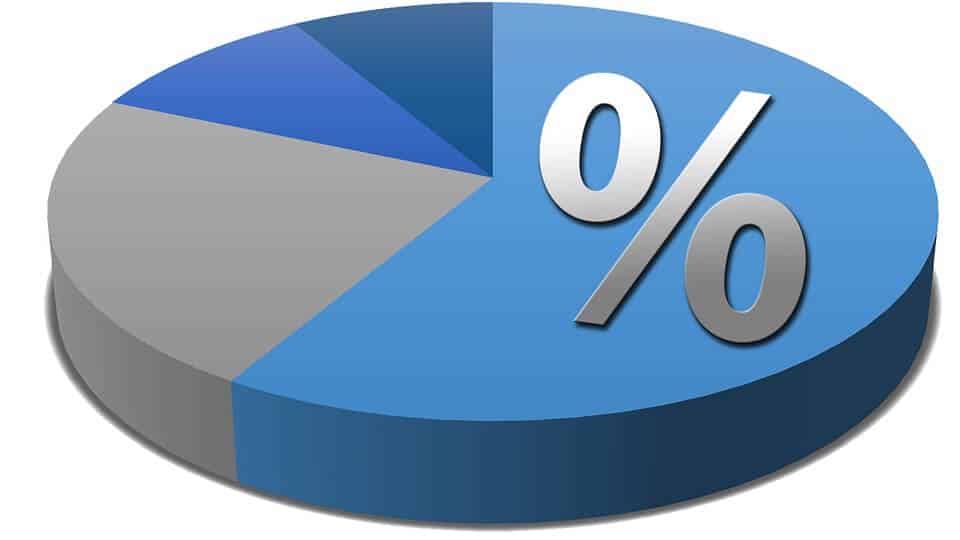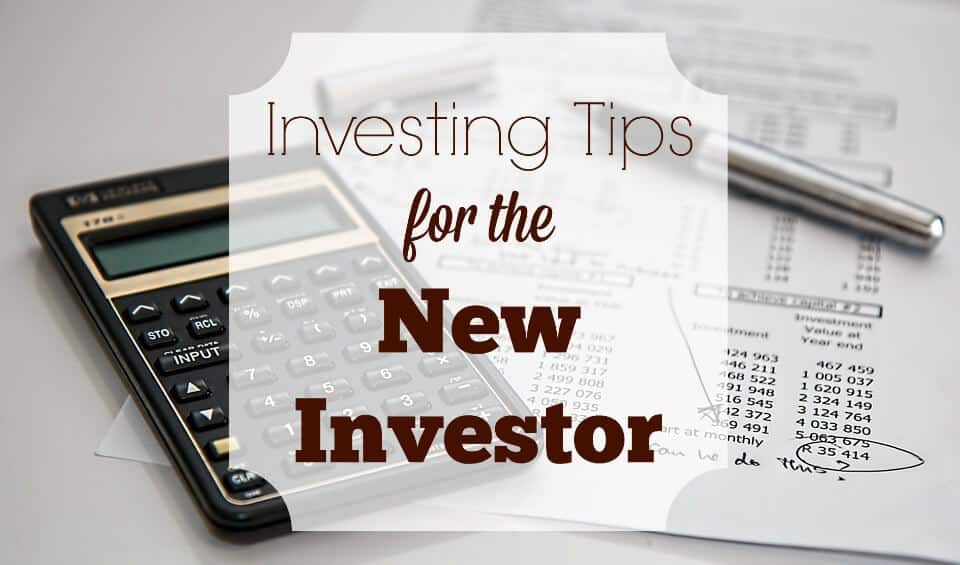This is a guest post from Tom Leedham.
If you are thinking of investing soon it is best to know what you are getting into and the best way to go about it. Investing may seem like it is only for people with lots of money, yet the opposite is true. The First Million states that “it doesn’t matter if you have $100, $1000 or $10,000” you can make your money work for you. The Internet has opened up the markets to everyone.
Research
You don’t need a financial advisor to succeed but you do need to spend time researching. The urge is to rush in and invest in the first good bet you come across. Money Crashers recommend getting a handle on the basics first before you make your first investment. They state that the four things new investors should be aware of are: financial metrics and definitions, popular methods of stock selection and timing, stock market order types, and different types of investment accounts. Having a good grasp on the basics will ensure you won’t feel like an amateur or make rookie mistakes.
Buying Stock
FXCM state that there are three ways to buy stock: a direct stock purchase plan (DSPP), contract for difference (CFD) and through a brokerage firm. If you are a complete novice then we recommend using a brokerage firm. The advantages of this are that an expert who will manage your investments does all the hard work. They will create financial plans, conduct market research and help you create a business portfolio. The downside is that using a brokerage firm is costly.
If you want to invest on your own then we recommend using a DSPP over CFD. CFD is known as trading on the margin and requires a lot of knowledge of market stocks and commodities. CFD is the most profitable way to make money through investments but it is also the most risky. DSPP is much more straightforward, it involves buying stocks direct from the company. You will open an account using the company’s plan agent who will conduct all transactions between the investor and the company. For new investors this is the best option because it makes investing very convenient. The drawbacks are the company may charge you addition fees such as start up and for sale of stock.
Don’t Gamble
Investing is never risk free. Even the surest markets can topple overnight; just look at the recent effect the United Kingdom’s decision to leave the European Union has had on the financial markets and value of currency. Gambling in investing is ignoring the odds and being reckless. Investor Guide states that gambling is “to play at any game of chance for stakes” and investing is “to put money to use, by purchase or expenditure.” You will hear about the one investor who made it big, you will hear a lot more of the investors who gambled and lost everything. Investing is a good thing and should bring you reward with some risk, gambling risks losing everything very quickly.
Tom Leedham: After years at university studying business, Tom knew it was only a matter of time before he transitioned into day trading. After 15 years as a trader, he splits him downtime between writing and keeping fit.









